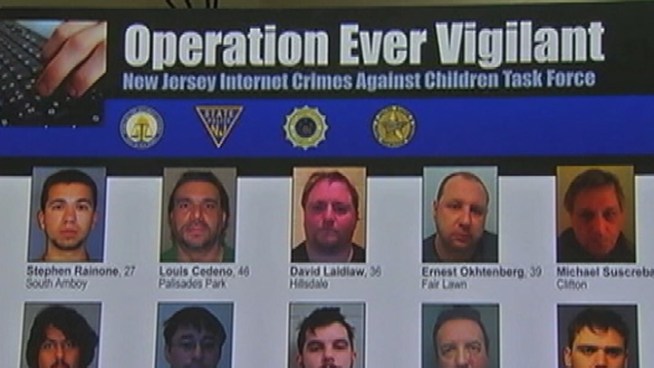Three
prong test to determine if Charitable Immunity Act is applicable:
1) the entity is a non-profit;
2) was organized exclusively for
religious, charitable or educational purposes; and
3) was promoting such objectives and
purposes at the time of the injury.
Prong three is further broken down to
determine a party is a beneficiary of the “works” of a charity, under the
Charity Immunity Act:
(1) the institution pleading the
immunity, at the time in question, was engaged in the performance of the
charitable objectives it was organized to advance, and
(2) the injured party must have been a
direct recipient of those good works.
Ryan
v. Holy Trinity Evangelical Lutheran Church, 175 N.J. 333, 815 A.2d 419 (2003).
Courts
have a broad interpretation of function “although a church's main purpose may
be to provide a place of worship and spiritual guidance, [its] function is not
so narrowly confined. It is not limited to sectarian teaching and worship. In
[the] modern view, exercises designed to aid in the advancement of the
spiritual, moral ethical and cultural life of the community in general are
deemed within the purview of the religious society. A social center is now
commonly regarded as a proper adjunct of the local church-conducive to the
public good, as well as advantageous to the congregation.” Loder v. St. Thomas Greek Orthodox Church,
295 N.J. Super. 297, 302, 685 A.2d 20, 23 (App. Div. 1996).
However, the Court limits function in Beicht v.
American Polish Veterans, Inc., the renting of a space for a bridal shower was
“unrelated” and the entity was not protected by the Charitable Immunities Act. When
the organization makes its premises available for an activity unrelated to such
an undertaking, it is not functioning within the parameters of its immunity.” Beicht v. Am. Polish Veterans, Inc.,
259 N.J. Super. 79, 81, 611 A.2d 168, 169 (Ch. Div. 1992). In Beicht v. Am.
Polish Veterans, 259 N.J.Super. 79, 82 (Law Div.1992) (denying charitable
immunity to a fraternal organization because “[f]raternal societies or those
organizations whose purpose is to promote the welfare of their members are
benevolent, but not charitable”).
In Loder, the event was a sponsored
event and in Beicht, the event was non-affiliated and unrelated with the
entity.
Was the event Felicia Cannon
attended an affiliated event of St. Anthony’s? Was the event at St. Anthony’s a
church sponsored event?
Other than being called a Christmas
party were religious or charitable elements present?
Did invitees pray? Were blessings
exchanged before consuming alcohol? If a youtube of this party was compared to
a youtube of a party at a private club would there be any difference?
Does St. Anthony’s have 503(c)1
status? Federally funded? State funded?
If the event was NOT affiliated or
sponsored the Act does not apply.
Even if the event was affiliated,
immunity should not be granted to St. Anthony’s. This event lasted until about
1 am, when police ended the event due to fights; the behavior exhibited at the
event was not conducive to the social good, advantageous to the church, or
aiding in the advancement of the cultural life of the community. Therefore, the
event should be considered outside the very broad and accommodating function
the Court has set forth in case law rather than rewarding behavior clearly
against the public policy of the Act.
If an organization falls under
Charitable Immunity Act, three possible exemptions to immunity; 1) gross
negligence or willful or wanton misconduct; 2) employment law claims are not
protected by immunity laws; and 3) charitable immunity does not apply in lawsuits
alleging sexual abuse.
Illegal
behavior and unlicensed alcohol does not bar protection under the Charitable
Immunity Act.
In Orzech v. Fairleigh Dickinson University, 411 N.J.Super. 198, 985 A.2d 189
(A.D.2009), student's conduct in violating university's alcohol policy by
holding a party in dormitory in which alcohol was served to minors did not
alter student's status as a beneficiary of university, and thus university was
entitled to charitable immunity in family's wrongful death claim against university
after student fell out of dormitory window while intoxicated and died.
Source
of revenue, fees compared to donations, does not determine charitable status. Auerbach
v. Jersey Wahoos Swim, 368 N.J.Super. 403.
(App. Div. 2004). However, if non-profit is simply a conduit for governemnt
funds such as a quasi-public sponsor of federally funded housing project, (Parker
v. St. Stephen's Urban Development Corp., Inc., 243 N.J.Super. 317
(A.D.1990)) was not a private charity
entitled to charitable immunity status.



